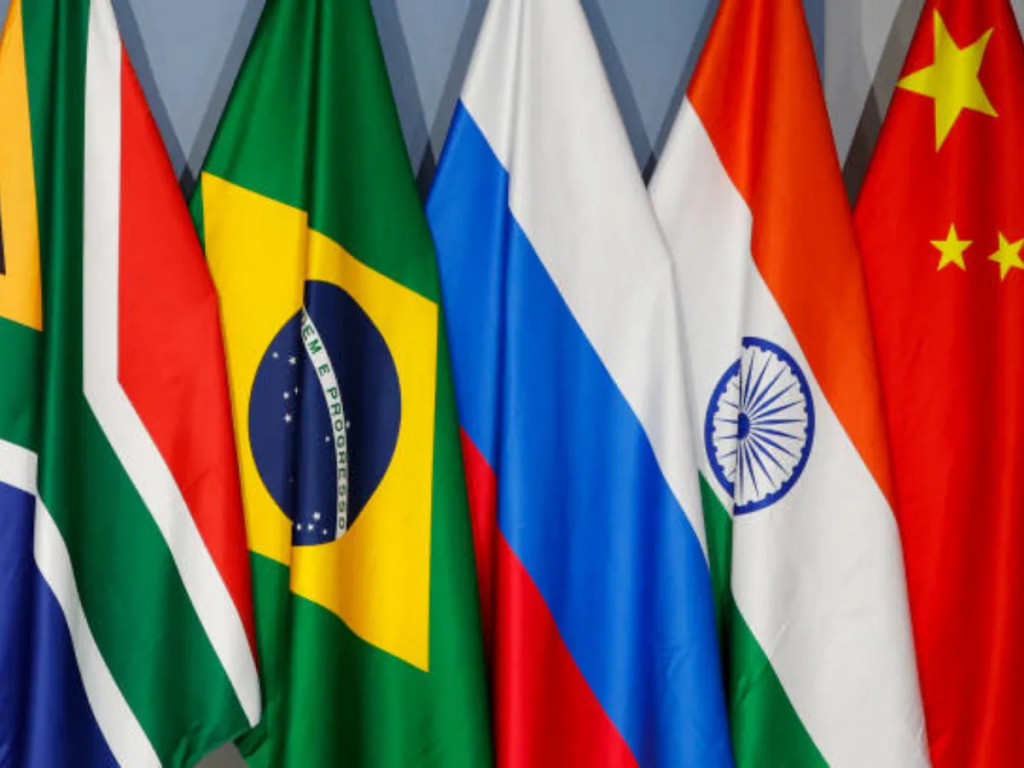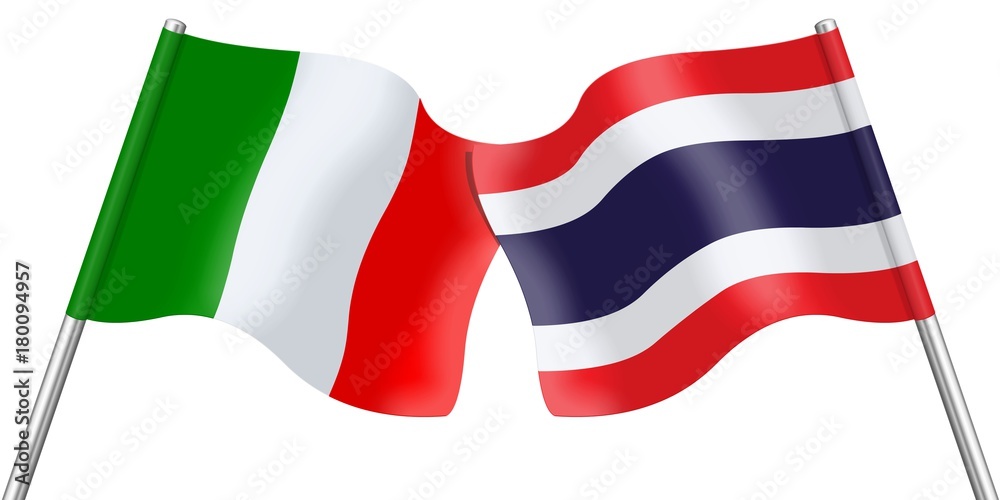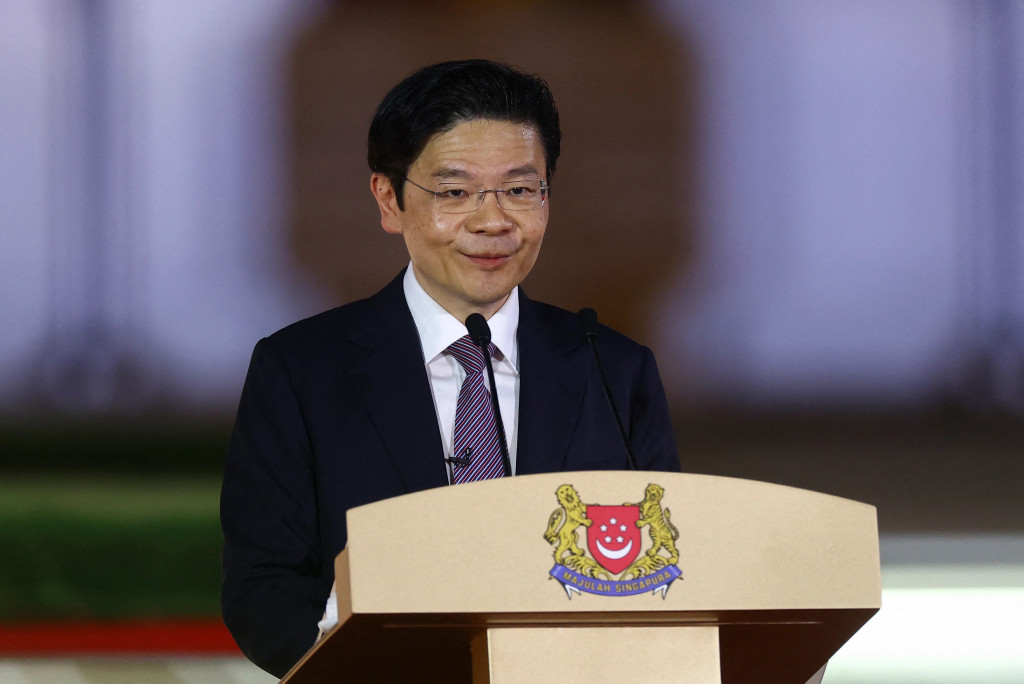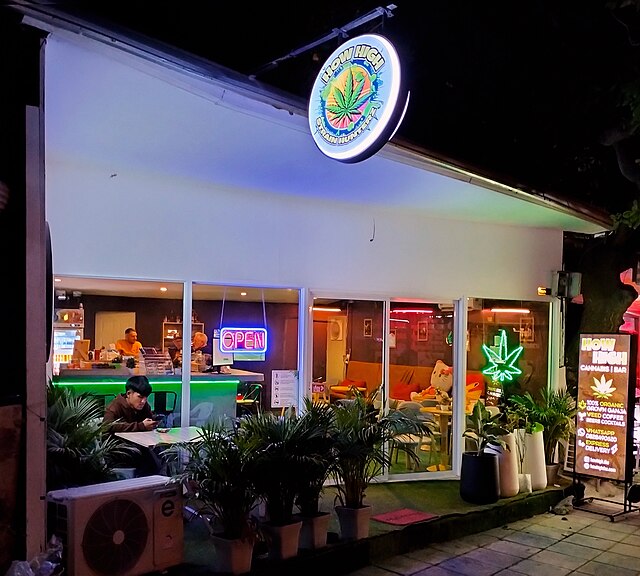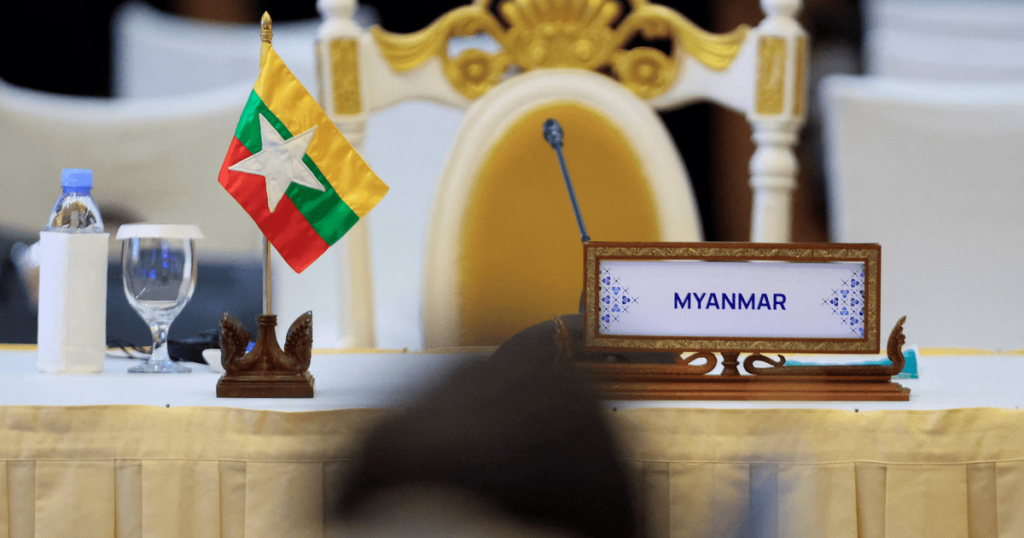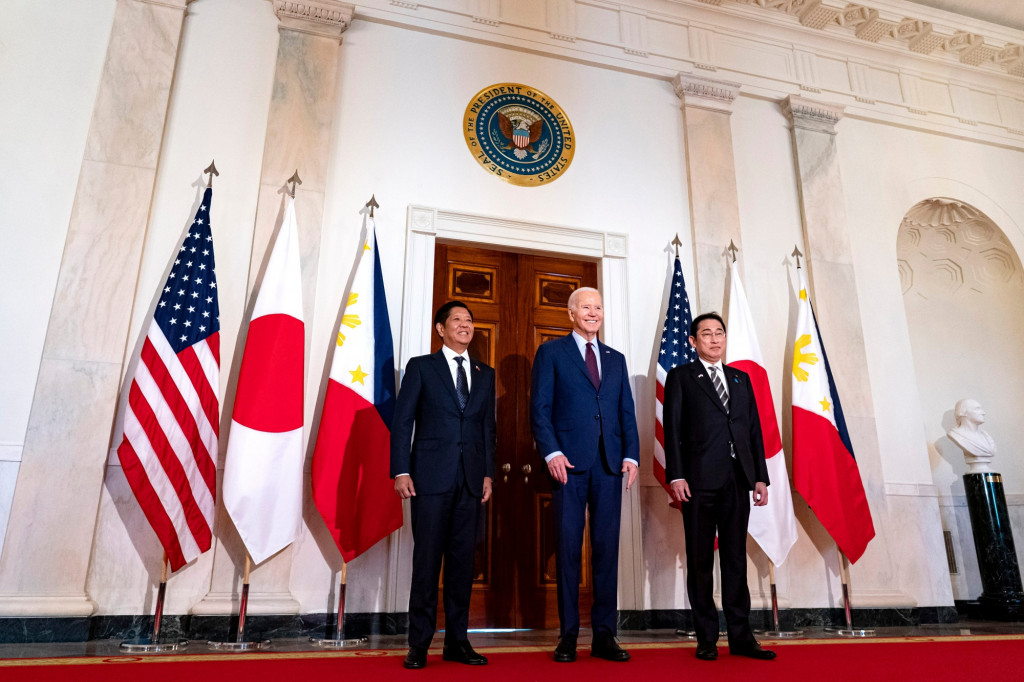The balance of Thai Prime Minister Srettha Thavisin's visit to Rome
By Alice Freguglia
May 21, 2024 Palazzo Chigi hosted Thai Prime Minister Srettha Thavisin, who was visiting Prime Minister Giorgia Meloni. Infrastructure, digitization, energy and tourism promotion were the topics most discussed by the two leaders, with a view to promoting bilateral relations in favor of greater socio-political cohesion and with the goal of ensuring the full development of both countries.
As early as last year, in 2023, on the occasion of the 155th anniversary of diplomatic relations between Italy and Thailand, the Chambers of Commerce of both nations signed a memorandum of understanding, promoted by the Ministry of Foreign Affairs and International Cooperation and Unioncamere, which further strengthened economic and trade ties, as well as underscored Thailand's importance as a partner. With a young and constantly growing population, in fact, the Thai territory would really represent an important resource for the Italian economy, able to offer significant opportunities for businesses, as also stressed by Andrea Prete himself, President of Unioncamere.
Thailand, in fact, as the political heart of ASEAN, represents a natural entry point for Italian companies wishing to access the markets of Southeast Asia, an area that, in addition to encompassing more than 600 million people, has an interesting market potential. Remarkable, in fact, is the volume of Rome-Bangkok trade, which in 2023 reached a value of about 4 billion euros, with Italian exports of 1.9 billion and imports of more than 2.1, representing an allied and reliable market, a source of economic and political stability.
“We intend to discuss cooperation with ltaly, whether it is trade and investment, agriculture, fashion or renewable energy. As well as tourism. In fact, more than 190,000 Italians come to Thailand every year.” These were the Thai leader's words, a prelude to a meeting later described as 'satisfactory' by Giorgia Meloni, in which ItaIy promoted and strengthened its international relations with its partner.
Expanding and improving travel within the territory, in fact, is one of the key domestic policy objectives for Thailand, and what better example to take inspiration from than Italy? Our country, in fact, boasts some of the world's most prominent and recognized companies in terms of quality and innovation. The Made in Italy stamp, in fact, can be placed on countless large-scale projects, such as the high-speed rail network, but also on the construction and management of civil works such as bridges, roads, ports and airports.
Similarly, recent initiatives such as the PNRR, National Recovery and Resilience Plan, focused on the implementation of major investments to ensure greater digitization of public administration and to support Italian industries, is also an exemplary imprinting for Thailand, which, in its own way, with the implementation of the so-called 'Thailand 4.0' plan aims to achieve an economy based on innovation and technology.
The environment will also be positively affected by this strengthening of Italian-Thai relations. In particular, Italy's experience in renewable energy would represent significant 'know how' for Thailand, which could not only take a cue from the technologies adopted to cope with the global warming emergency, but also rely on valuable investments that would allow it to make the most of its natural potential.
If there is anything, however, that unites these two seemingly distant realities, it is, surely, the beauty that attracts millions and millions of tourists each year, lovers of both pizza and pad thai. Strengthening trade relations, in fact, will also be able to ensure a greater influx of guests and visitors to both territories, a very important economic source, especially for two countries that from the historical, naturalistic and monumental point of view, have much to offer to the eyes of those who look at them with curiosity and a desire to broaden their horizons.
Srettha Thavisin, moreover, would seem to have convinced Giorgia Meloni regarding Thailand's desire to join the OECD, the Organization for Economic Cooperation and Development. Founded in 1961, the OECD provides a platform for governments to discuss and coordinate economic and social policies.Member states collaborate on issues such as economic growth, employment, education, innovation and trade, with the goal of creating a stronger and more sustainable global economy. Joining, therefore, would greatly elevate the country's status, allowing Thailand to gain international recognition and benefit from a socioeconomic knowledge exchange that would enable it to promote better political dialogue and economic cooperation.
In this regard, moreover, it would appear that Giorgia Meloni has accepted an invitation from Prime Minister Thavisin to visit Thailand, a significant step forward in bilateral cooperation between the two countries, as well as a confirmation of Italy's commitment inI'paving the way for further discussions and collaboration on strategic issues.

